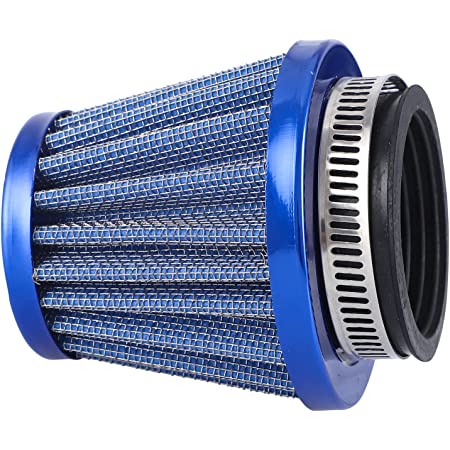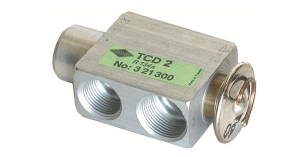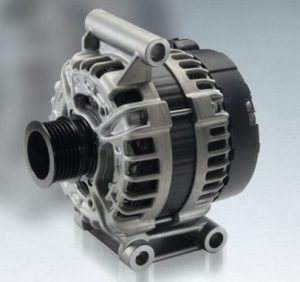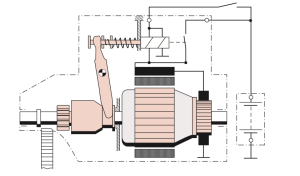Air filters are an essential component in any HVAC (heating, ventilation, and air conditioning) system. They help to remove pollutants and contaminants from the air, ensuring that the air inside your home or office is clean and healthy to breathe. In this blog, we will discuss air filters in more detail, including their function, types, and benefits.
What is an Air Filter? An air filter is a device that captures and removes airborne particles and contaminants from the air. These can include dust, pollen, pet dander, and other allergens, as well as bacteria and viruses. Air filters work by using a physical or chemical barrier to trap these particles as air passes through them.
Types of Air Filters There are several types of air filters available on the market, each with its own set of advantages and disadvantages. Here are some of the most common types:
- Fiberglass Filters: These are the most basic type of air filter, and they are typically the least expensive. They are made from a thin sheet of fiberglass, and they work by capturing large particles of dust and debris. However, they are not very effective at capturing smaller particles, such as pollen and pet dander.
- Pleated Filters: Pleated air filters are made from a paper or synthetic material that is folded into a series of pleats. This design increases the surface area of the filter, which allows it to capture more particles than a fiberglass filter. Pleated filters are also available in a range of MERV (Minimum Efficiency Reporting Value) ratings, which measure their effectiveness at capturing particles of different sizes.
- HEPA Filters: High-Efficiency Particulate Air (HEPA) filters are the most effective type of air filter. They are made from a dense material that captures particles as small as 0.3 microns, including bacteria and viruses. HEPA filters are commonly used in hospitals, laboratories, and other settings where air quality is critical.
Benefits of Air Filters Using an air filter in your HVAC system can provide several benefits, including:
- Improved Indoor Air Quality: Air filters remove pollutants and contaminants from the air, which can help to improve indoor air quality. This can be particularly beneficial for people with allergies, asthma, or other respiratory conditions.
- Increased Energy Efficiency: A clean air filter can help your HVAC system to operate more efficiently, reducing energy consumption and lowering your utility bills.
- Longer Lifespan for Your HVAC System: Air filters help to protect your HVAC system from dust and debris, which can extend its lifespan and reduce the need for costly repairs.
In conclusion, air filters are an important component of any HVAC system. They help to remove pollutants and contaminants from the air, improving indoor air quality and providing several benefits for homeowners and building occupants. When choosing an air filter, consider the type of filter, its MERV rating, and the specific needs of your home or building.
How Do Air Filters Work? Air filters work by using a physical or chemical barrier to trap airborne particles and contaminants as air passes through them. Some air filters are made from a thin sheet of fiberglass, while others are made from paper or synthetic materials that are folded into pleats. HEPA filters are made from a dense material that captures particles as small as 0.3 microns.
As air moves through an air filter, the particles in the air become trapped on the filter’s surface. Over time, the filter becomes clogged with these particles, reducing its effectiveness. It’s important to replace air filters regularly to ensure that they continue to capture pollutants and contaminants effectively.
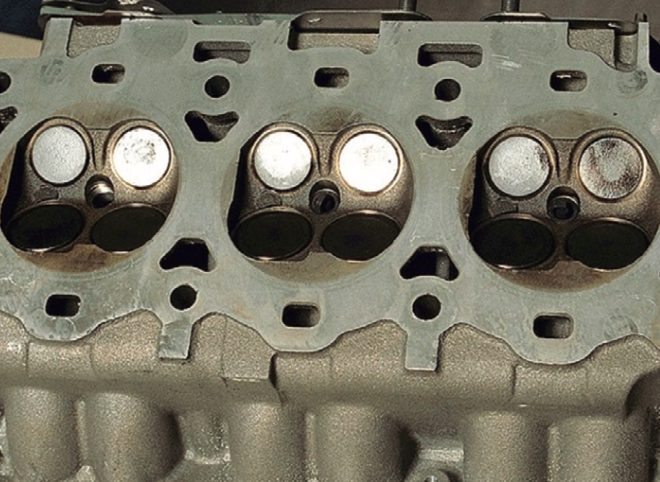
MERV Ratings MERV ratings are a way of measuring an air filter’s effectiveness at capturing particles of different sizes. MERV ratings range from 1 to 20, with higher ratings indicating that the filter is more effective at capturing small particles. For example, a MERV 8 filter can capture particles as small as 3 microns, while a MERV 13 filter can capture particles as small as 1 micron.
It’s important to choose an air filter with the appropriate MERV rating for your needs. If you have allergies or respiratory conditions, you may want to choose a filter with a higher MERV rating to capture smaller particles. However, filters with higher MERV ratings may also reduce airflow in your HVAC system, so it’s important to consult with an HVAC professional before choosing a filter.
Types of Air Filters In addition to the types of air filters mentioned earlier, there are several other types of air filters available on the market. These include:
- Washable Filters: Washable air filters are designed to be cleaned and reused. They are typically made from a mesh material that captures large particles of dust and debris.
- Electrostatic Filters: Electrostatic air filters use an electric charge to attract and capture particles as air passes through them. They are typically more effective at capturing small particles than other types of filters.


